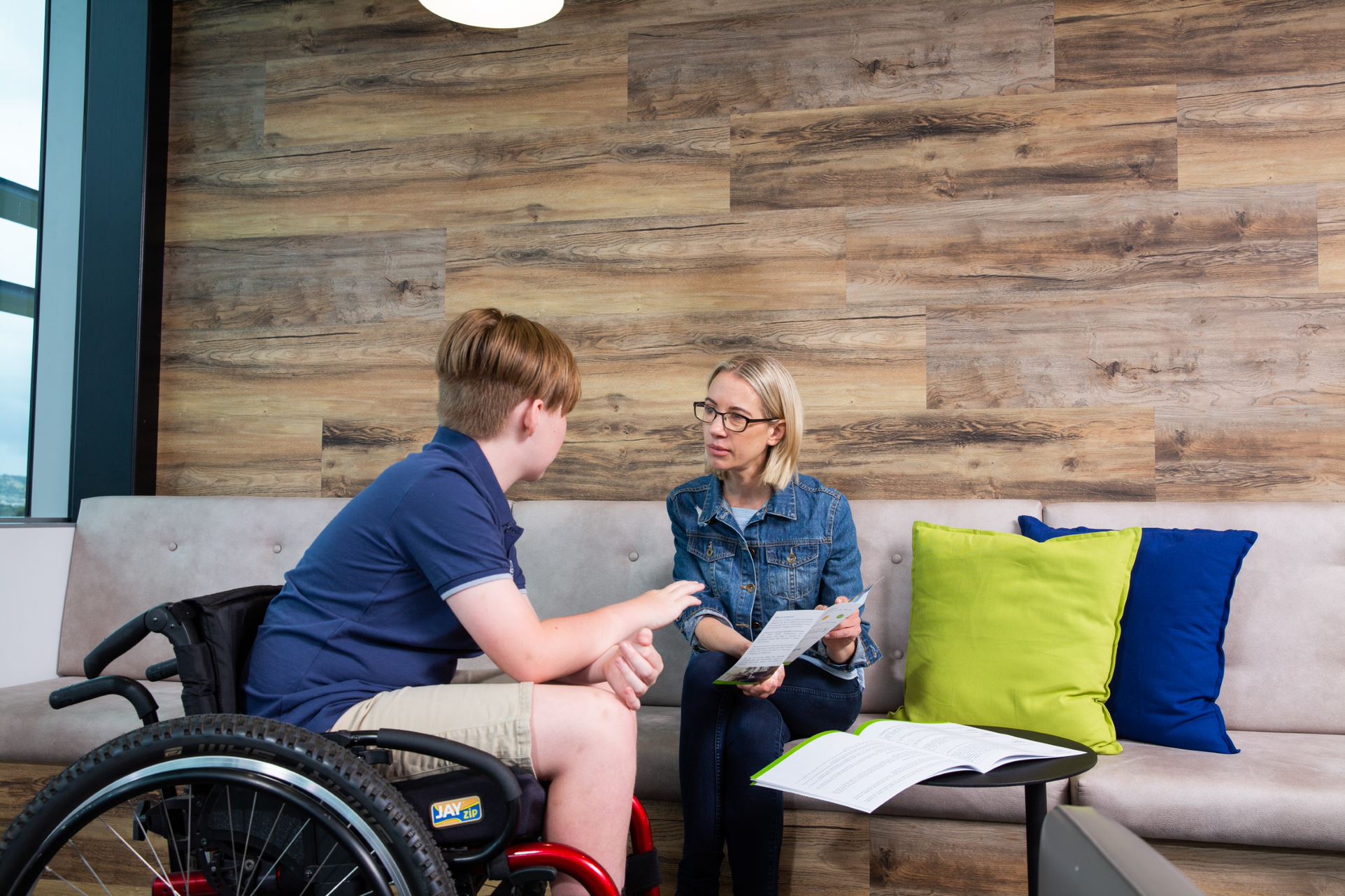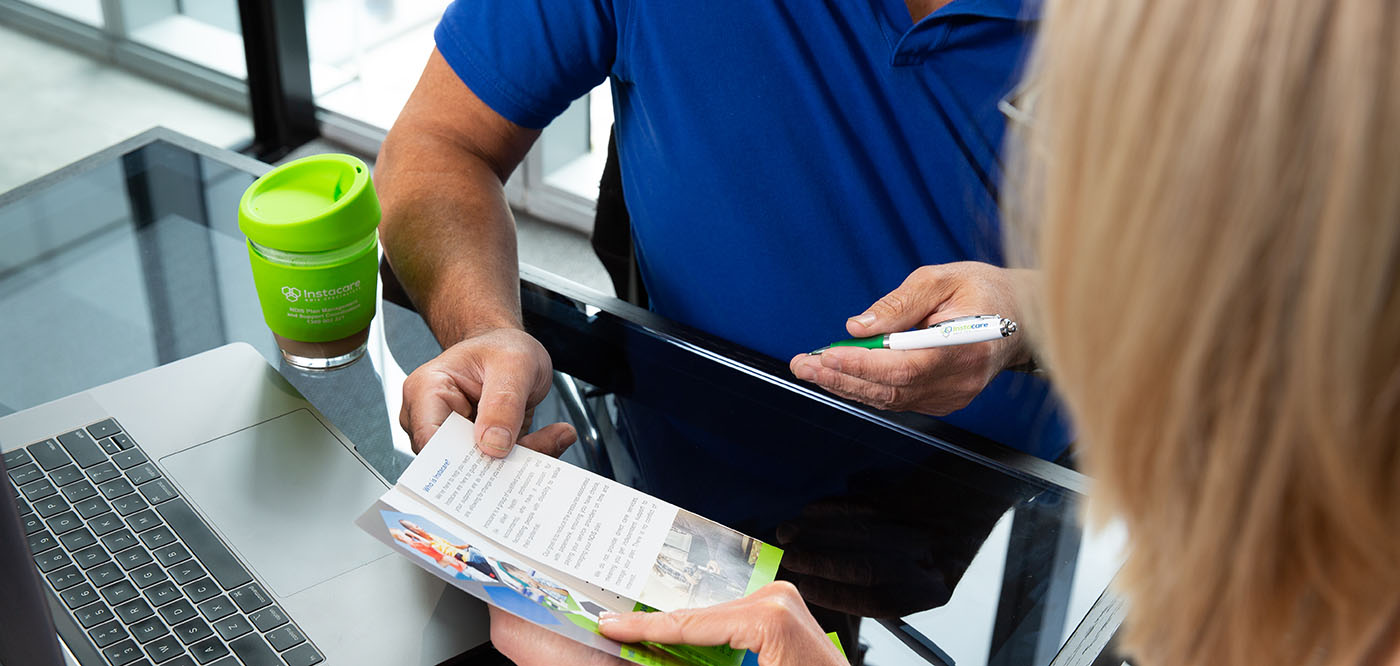How NDIS supports transport arrangements
For people living with a disability, transport means so much more than getting from one place to another. For many, having access to quality transport options spells freedom, socialisation, income, education, and independence.
This article will outline some key ways your NDIS plan can help you access and fund your transport arrangements
How does your disability affect getting around?
The first thing to consider is how your disability affects your ability to get around.
If it’s difficult for you to use public transport, the NDIS may provide funding to help you access rideshares, community transport, taxis, and any other alternative transport methods.
To receive funding for transport options, your need must be directly related to your disability. You must also meet all reasonable and necessary criteria to access this funding—for example, you should be able to explain why you’re unable to or have trouble using trams, buses, or trains.
Funding for support workers
If you require a support worker to drive you around or accompany you on your regular community tasks, the NDIS may provide funding. This funding may be used to assist with transport for shopping trips, medical appointments, social events, volunteer work, employment or other community activities.
How is transport funding included in my NDIS plan?
Your NDIS transport fund will be included under Support Category 2, otherwise known as Transport Allowance. This allowance is considered a Core Support. Every two weeks, the NDIS will pay your transport funds into your bank account, helping you cover any and all transport costs.
If you need support worker funding, this will be included under Support Category 4 in your plan—otherwise known as Assistance with Social and Community Participation. This allowance is also considered a Core Support.
Your support worker trips will cost an agreed-upon hourly rate, including the total time of your outing, and if necessary, the time it takes your support person to travel to and from your home.
Your support person may also charge for additional travel costs, such as parking, road tolls, or public transport tickets. We suggest laying these costs out in your service agreement.
Can NDIS funding help me learn to travel independently?
Yes. Because independence building is a common NDIS goal, you can access funding for driving lessons or public transport training via Support Category 15–Improved Daily Living.
Have another question?
If you’d like to know more about how your NDIS plan can help you access transport options, get in touch with the expert team at Instacare today.












